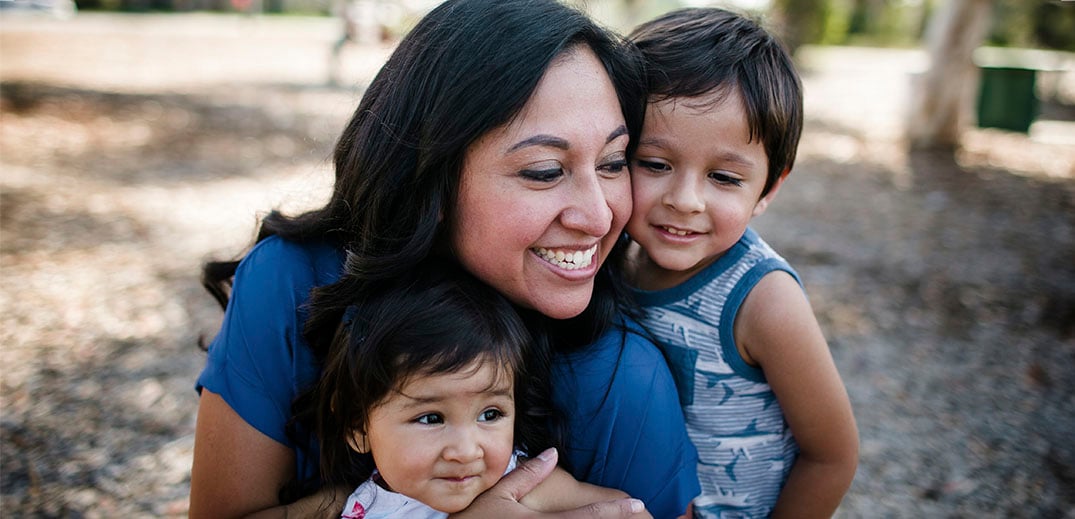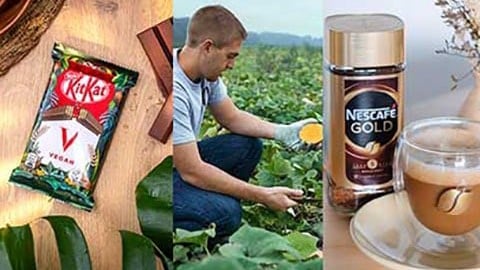Nestlé has today published its 2022 WHO Code Compliance Report (pdf, 14Mb) which outlines its unwavering commitment to leading the way with respect to the responsible marketing of breast milk substitutes (BMS).
Compliance with the Nestlé Policy For Implementing the WHO Code (pdf, 5Mb) is mandatory. Every year, Nestlé publishes an external report summarizing the results of its annual compliance record and actions taken to remedy any non-compliance. The latest report highlights the firm and swift actions taken when instances of non-compliance are confirmed, including disciplinary measures.
Serena Aboutboul, Head of the Nutrition Strategic Business Unit, said: "We foster a culture of compliance, and our industry-leading policies and systems are aligned with our values, rooted in respect. This involves everyone in our business to ensure we operate with integrity and adhere to relevant laws and regulations, as well as our Executive Board, which oversees our efforts. Our ultimate goal is to help ensure that every infant and young child receives the best possible nutrition, giving them a strong foundation for a healthy future."
To maintain the highest levels of compliance, Nestlé continues to take preventative actions. For example, all maternal and early childhood employees are required to take Nutrition Fundamentals eLearning module to support Policy implementation. The company strengthens its internal compliance reporting system and supports increased comprehension of, and compliance with, its Policy among third-party partners. Nestlé also encourages its employees and external stakeholders to share their concerns regarding its compliance anonymously on the 'Speak Up' platform.
Nestlé has evolved its Policy for implementing the WHO Code. As of January 1 this year, the company has unilaterally stopped the promotion of infant formula for babies aged 0-6 months as a minimum in all countries, including where no regulations exist. This extends the company's existing practice of not promoting formula for babies aged 0-12 months as a minimum in 163 countries.








